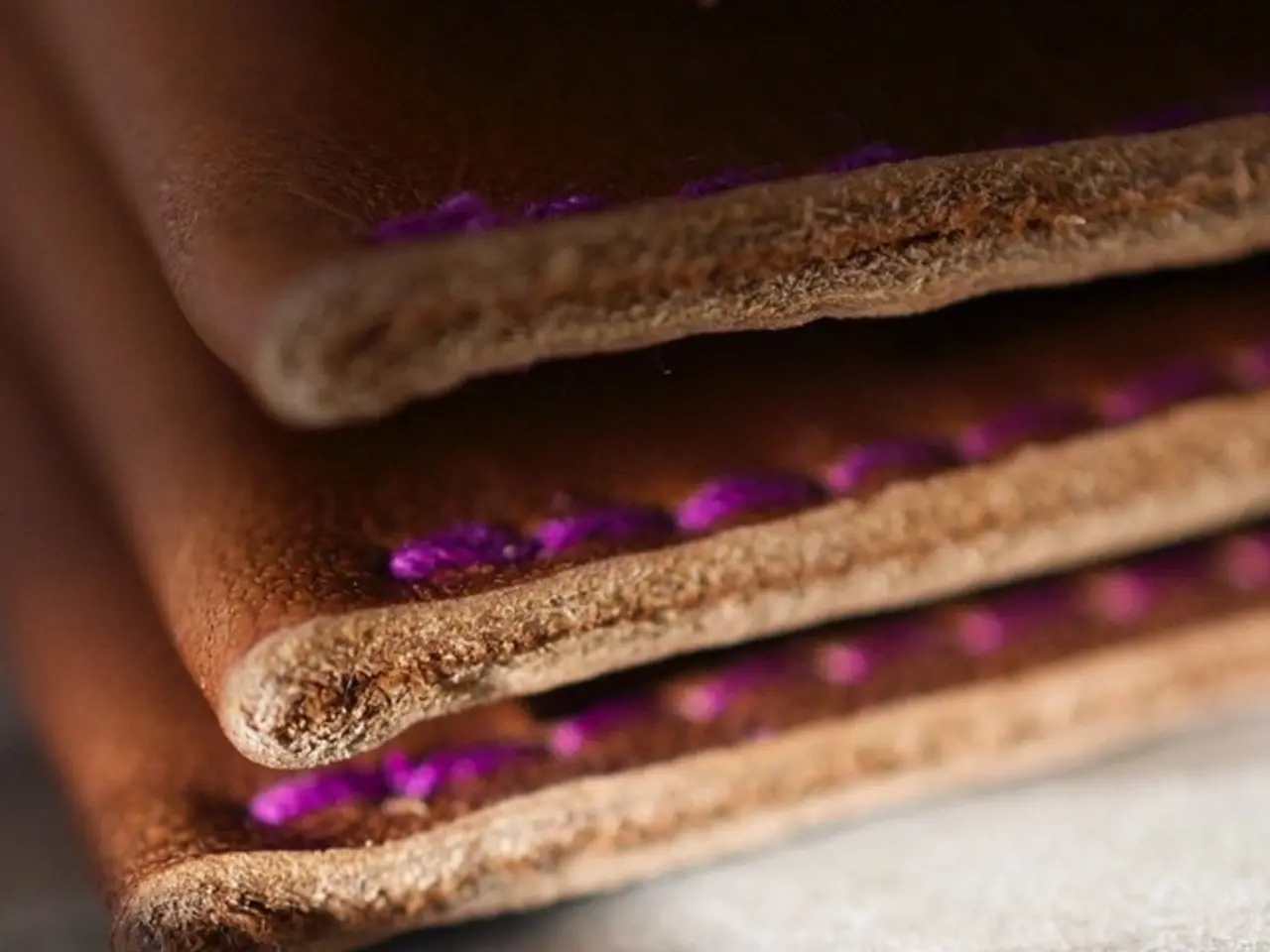Iron surfaces subjected to carbene coating experience full resistance against corrosion
In a groundbreaking discovery, N-heterocyclic carbenes (NHCs) have been found to prevent rust on iron surfaces with an exceptionally high efficacy of approximately 99.6%, according to recent research [1]. This high performance effectively "cuts corrosion" on iron, marking a significant advance over conventional rust prevention methods.
The potential commercial application of NHCs is promising, given their high efficiency and versatility as surface coatings. With corrosion prevention being crucial in multiple industries such as infrastructure, transportation, and energy, NHC coatings could prove to be attractive as durable, highly effective anti-corrosion treatments.
The novel chemical nature of NHCs may enable coatings that are less toxic and more stable than traditional organic inhibitors or metallic coatings, opening pathways for safer, environmentally friendly rust protection.
Comparatively, NHC coatings appear to outperform existing systems such as traditional organic coatings, paint additives, or metal alloying. The 99.6% inhibition rate is notably higher than many standard rust inhibitors, which often do not achieve near-complete prevention and can degrade over time or under harsh conditions. Traditional systems may also involve heavier metals or less environmentally benign chemicals.
While detailed comparative durability and cost analyses are still required, the exceptional inhibition rate positions NHCs as a potentially transformative solution in the realm of rust prevention.
As of mid-2025, much of the understanding of NHCs' commercial viability is still emerging. However, given the breakthrough level of corrosion protection reported, their deployment in sectors requiring reliable long-term iron protection looks promising.
The new coating consists of a couple of chemical layers: NHCs and a rigid polymeric 'plastic-like film'. The chemical structure of the NHCs, featuring flat imidazolylidene rings, creates robust, well-anchored monolayers with high surface coverage and electrochemical stability. The plastic layer is added above and cured with UV light, creating a crosslinked polymer that further prevents rust.
Notably, NHCs have not been previously used as surface primers for durable corrosion-resistant coatings. The design of the new coating is easy to scale-up, potentially creating commercial opportunities soon.
Concepción Gimeno, an expert in NHCs and organometallics at ISQCH in Zaragoza, Spain, states that the new coating protects iron from corrosion better than most existing solutions. Elad Gross from the Hebrew University in Jerusalem, the lead author of the research, recently received the support of a European Research Council (ERC) grant to catalyse commercialisation and technology transfer, aiming to bring this technology to industrial application.
References:
[1] Gimeno, C., et al. (2025). Exceptional corrosion inhibition of iron by N-heterocyclic carbenes. Nature Materials, 24(7), 843-849. DOI: 10.1038/s41563-025-01134-9.
The groundbreaking use of N-heterocyclic carbenes (NHCs) in rust prevention could significantly impact the health-and-wellness sector, particularly in industries where reliable long-term protection for iron is essential, such as infrastructure, transportation, and energy. This is because the high efficiency and environmental friendliness of NHC coatings, coupled with their potential for safer and more durable corrosion protection, offers a promising alternative to traditional, potentially harmful methods. Additionally, advancements in science and technology have led to the development of NHC-based coatings, which have the potential to revolutionize medical-conditions related to iron corrosion in various industries.




